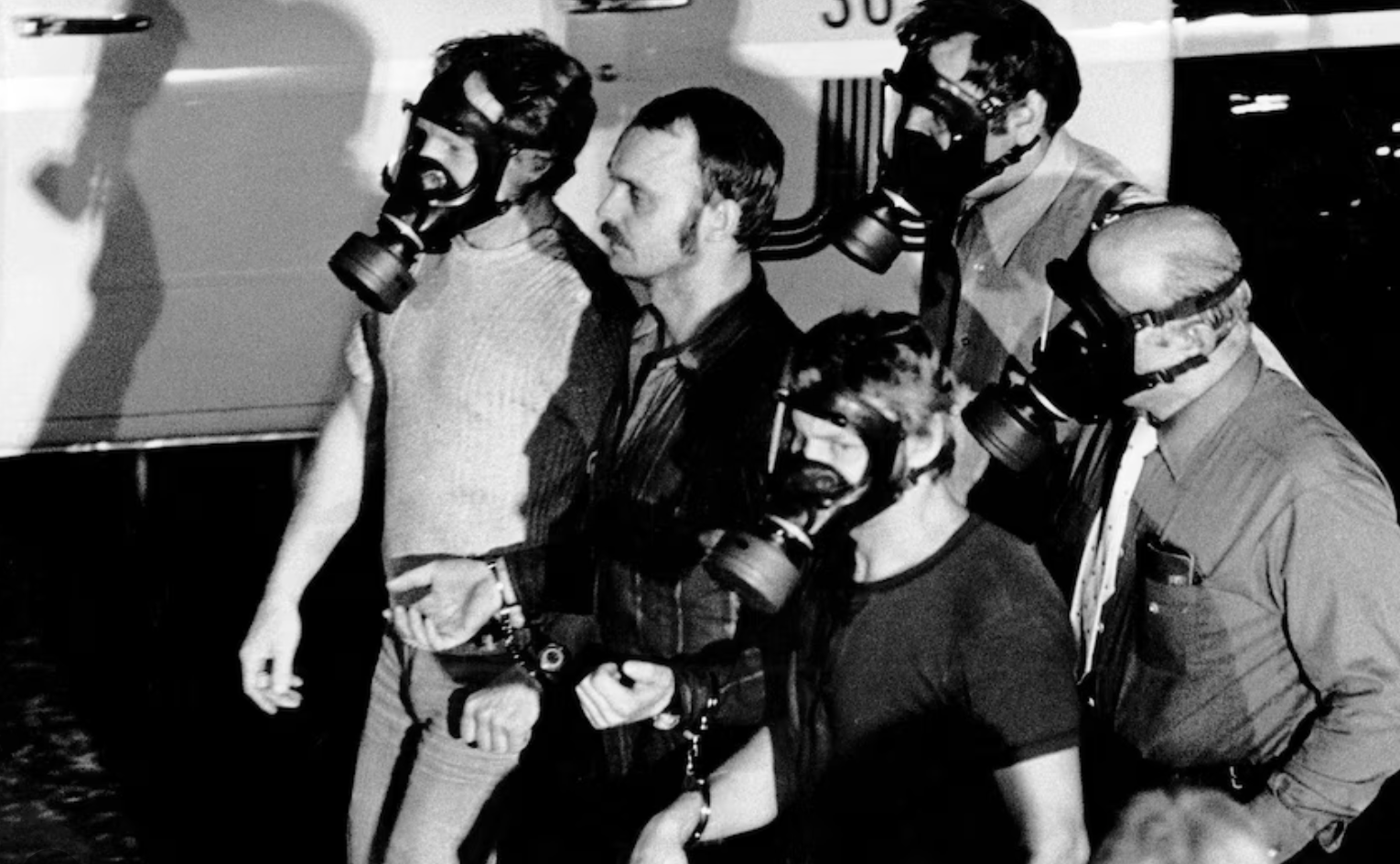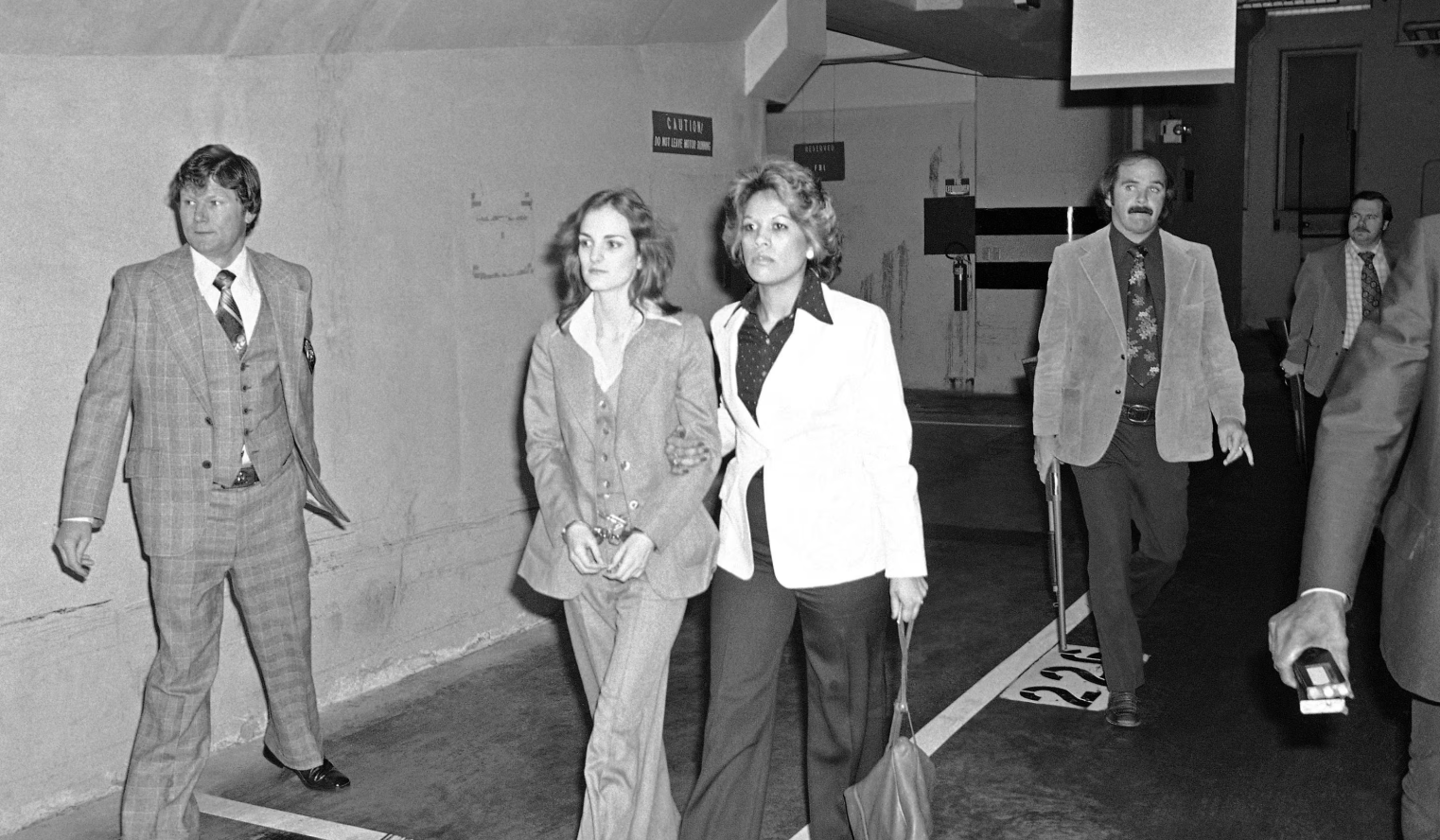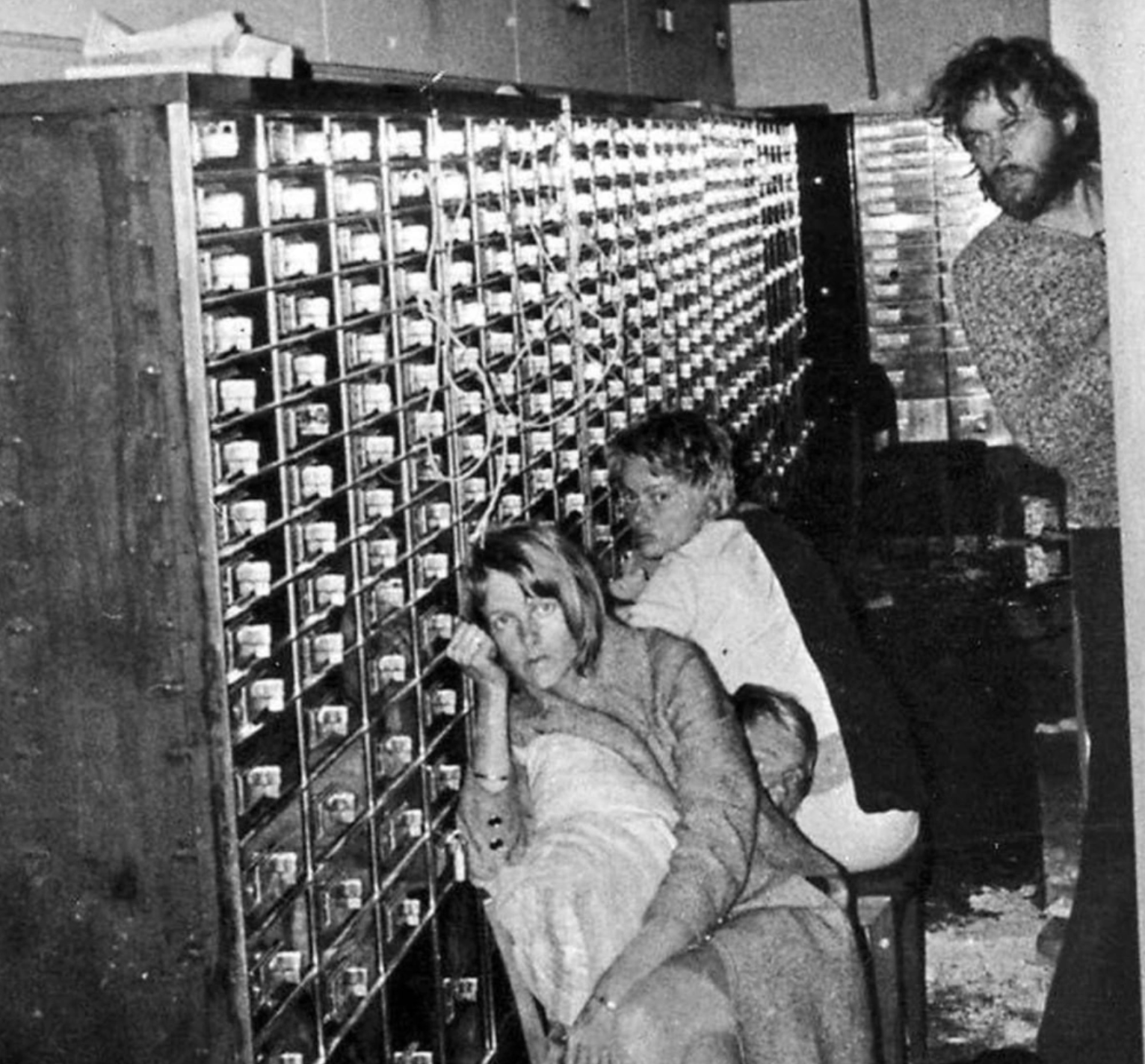
Some of the most exploitative publishing deals for comics creators aren’t coming from Marvel or DC Comics. They’re coming from the smaller publishers that claim to be the good guys, the “creator friendly” guys.
You’ve heard the pitch before: "We’ll publish your book, help you get it out there, and if it blows up, who knows? Maybe Netflix will come knocking!" Sounds sweet, right? And even if you tell yourself it's not about the Hollywood thing for you, that you’re just in it for the work itself, you’re still getting taken advantage of.

How the Grift Works
But instead of structuring contracts where the creator retains creative control, many of these publishers lock in terms that give them, the publishers:
- Majority control of media rights.
- The power to make TV/film deals without the creator’s approval.
- A paycheck for the publisher that’s way bigger than the actual writer/artist’s cut.
- No obligation to keep the comic book in print.
- No way to pull out of the publishing contract once it's signed.
Creators often have no idea a deal’s been done until news of it shows up on social media.

I had a meeting with one of these publishers once. They’re backed by a larger media company with a first-look deal for TV/film. I had a book they wanted to publish, and I sat through the deal terms, a version of the above, and then asked some questions I already knew the answer to.
Question: If there is some Hollywood interest, will I be told about it? Answer: if there’s a deal offer we like, yes, we’ll tell you about it.
Question: If a deal is on the table, do I get approval over it? Answer: No. We’ll do what we think is best for all involved.
Question: Don’t you need me to sign the contract? It’s my story. I hold the copyright. Answer: No, you’ve already signed that right away.
Question: But why can’t you just run it by me first? I’m not a sociopath, I want a media deal to happen. I just worry it’ll be with an unethical studio or with unacceptable creative changes or a situation where I won’t get proper on-screen credit. I have a lawyer, I have an agent. They're there to protect me. Can you bring them into the process?
Answer: Sometimes we have to move fast when signing deals, and including you in the conversation takes too long.
This is a real imprint, owned by a major book publisher, with investment money and a first look deal from one of the largest media companies in Los Angeles.
We won’t tell you what deals we pass on. Even if we did, we won’t consult with you on what deal we take. And we certainly won’t give you a chance to read about it until everything is signed. We made sure all this was a condition of us publishing you. Here is your well-below-market-rate paycheck.

Another story: I was in conversation with a DC producer at Comic-con, once, and he said something to the effect of. You should be getting some really good news any day now! regarding my book Northlanders. What do you mean, I ask. What news? We can’t tell you yet. But it's my book! Why not? Why are you even telling me anything then?
Later that same Comic-con, I was in a conversation with Jim Lee, who at the time was co-publisher of DC Comics. It went something like: we should have some Northlanders news to tell you pretty soon. Oh yeah? Cool! What's going on? We can’t tell you yet.
They just don’t trust you or value you.
And that was the last I heard of it, ever.
So Why Do Creators Put Up With It?
Areators are conditioned to think this is normal. This happens in two ways: from seeing how this industry has functioned in the past, which is where, in the most favorable language possible, the artists and writers are often the last consideration.
The second way is accepting the fallacy of this is just how it works in comics. Yeah, we know it's not fair, but I love making comics. This is why I use the term Stockholm Syndrome. It’s also sometimes called Team Comics. We underdogs are all in it together!
So these deals get signed. People stab each other in the back to get these deals. That’s why they exist.

Stop Accepting the "This Is Just How It Is" Mentality
I’m aware of the reality that this is often the only route available for comic book creators to get published. That fact alone deserves some scrutiny. How did we get to that point? Hmm?
It’s also harder, I believe, to get book deals outside of this narrow, dysfunctional industry. That can be frustrating, but in the end rewarding.
You don’t have to work in comics. You don’t have to work in comics. You don’t have to work in comics. But I love comics!
You don’t have to work in comics to love comics.
##

